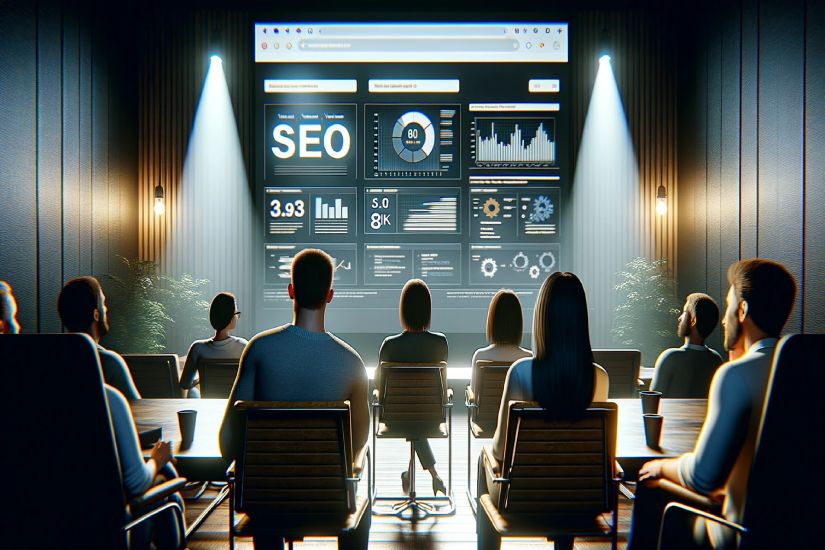7 Misconceptions About SEO in 2024

Even in 2024, SEO (Search Engine Optimization) is still the first step for those who want to improve their online visibility. However, as strategies and algorithms change, so do myths and misconceptions about what really works in SEO.
Therefore, it is crucial to demystify these misconceptions so that brands and businesses can optimize their efforts and achieve their goals effectively. That’s why we’re going to talk about the most persistent SEO myths and reveal the truth behind them.
What are the most common SEO myths?
1. Keywords don’t matter anymore
Fact: Although the approach to keywords has evolved, they are still fundamental in SEO. The difference lies in how they are used.
In 2024, the key is search intent and quality content that responds to the user’s needs, rather than simply repeating terms.
Using keywords strategically, in titles, meta descriptions, and throughout content, without over-optimizing, is essential for an effective SEO strategy.
2. SEO is only for Google
Fact: While Google is still the dominant search engine, it’s not the only one you should be focusing on. Platforms like Bing, Yahoo, and even industry-specific search engines are relevant to certain audience segments.
Plus, with the rise of voice assistants and search built into apps and devices, optimizing for a variety of platforms can expand your reach.
3. More Content Means Better Rankings
Fact: The quality of the content is much more important than the quantity. In 2024, search engines are prioritizing content that offers real value to users, effectively resolving their doubts or needs.
A well-researched, original article that delves into a specific topic is worth more than several superficial posts.
4. Inbound links are no longer relevant
Fact: Backlinks, or inbound links, are still an important signal to search engines when determining a site’s authority and relevance. However, the quality of these links is much more important than the quantity.
Links from reliable sites relevant to your niche can significantly boost your rankings.

5. SEO can be done with
Reality: SEO is not a project with a defined beginning and end; it’s an ongoing process. Search engine algorithms are constantly being updated, and competition for top positions is fierce.
Strategies should be reviewed and adjusted regularly to maintain or improve positioning.
6. User Experience Doesn’t Affect SEO
Reality: User experience (UX) is more crucial than ever in SEO. Factors such as loading speed, ease of navigation, accessibility, and responsive design directly influence your site’s rankings.
A site that offers a positive experience retains users longer, reducing the bounce rate and increasing the chances of conversion.
7. Social Media Doesn’t Impact SEO
Fact: Although links from social media don’t directly contribute to SEO in the same way as traditional backlinks, they do play an important role in generating traffic and building brand authority.
Content that is widely shared can capture the attention of content creators and generate natural inbound links, as well as increase your brand’s visibility.
Demystifying these common SEO mistakes in 2024 is essential to developing effective strategies that not only improve search engine rankings, but also offer real value to your audience.
The key is to adapt to constant changes in search algorithms and behaviors, always putting the user at the center of your SEO strategy.
With an approach based on quality, relevance and user experience, brands can ensure their visibility and success in the dynamic digital world.